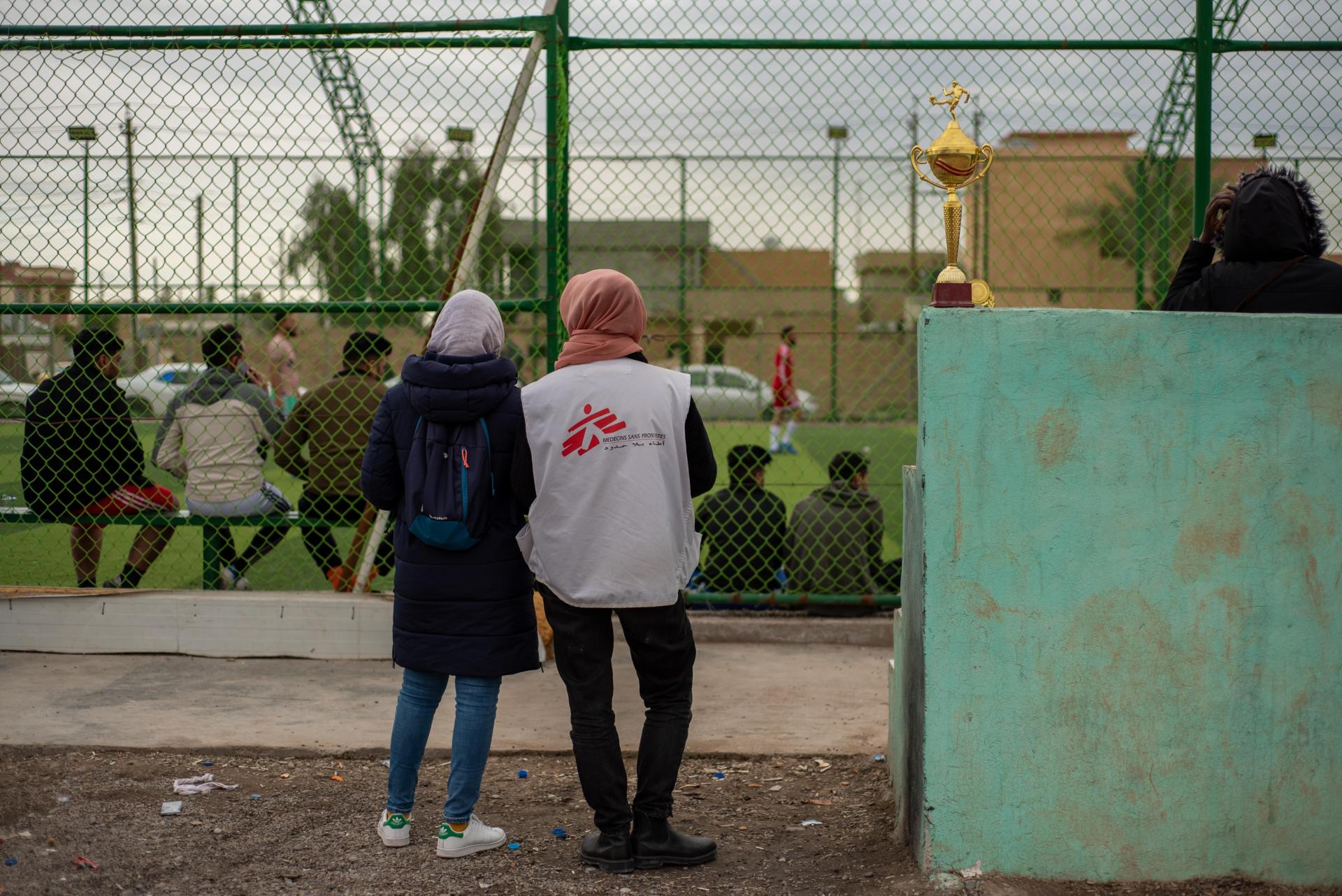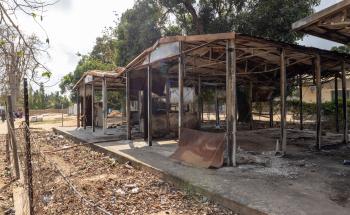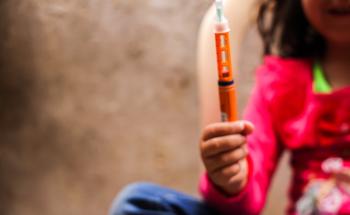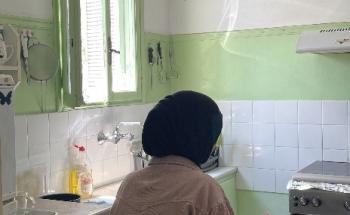Hawija is in an area of Iraq that has seen significant armed conflict. Over the past five years, MSF has helped restore hospital facilities, expanded healthcare services, and provided vital support and medical care to the community. As conditions in the area have improved considerably, the MSF project is closing. Aso Khalil and Nermeem Abbas, MSF staff, share their experiences in Iraq.
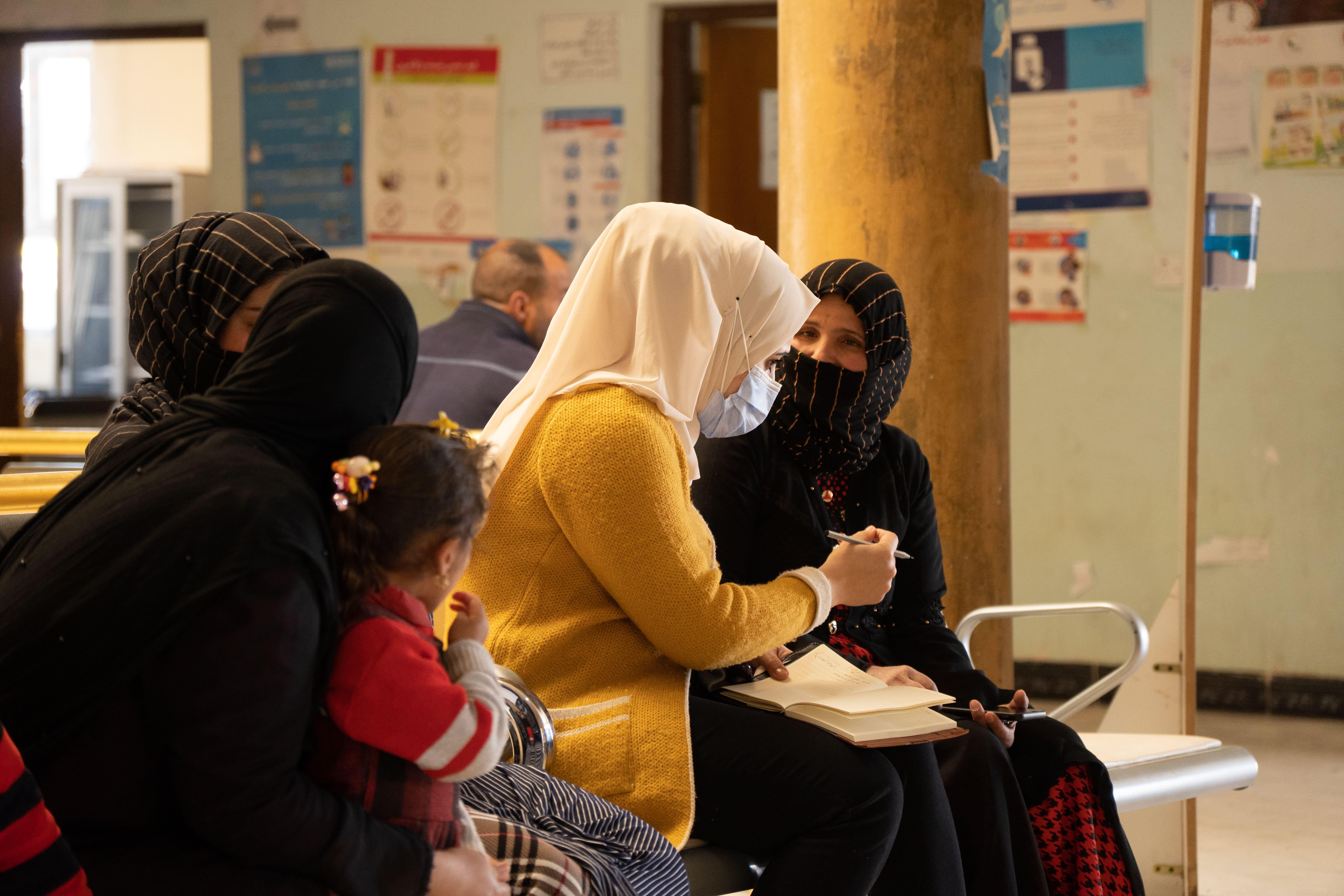
Aso Khalil, MSF Nurse Supervisor
My journey with the MSF began in 2016 at the Daquq camp in Kirkuk, where those who fled Hawija and its surroundings were settling. The healthcare needs were very urgent back then as the people of Hawija were cut away from the rest of the country with little to no access to anything. We worked inside the camp and ran mobile clinics that went daily to the reception sites where people first arrived. We provided a range of medical services for both chronic and non-chronic illnesses in these areas. It was heartbreaking to witness the dire situations people found themselves in. I saw individuals who had lost limbs, others who suffered severe bodily injuries, and many grappling with profound mental suffering after losing everything and arriving at the camps exhausted.
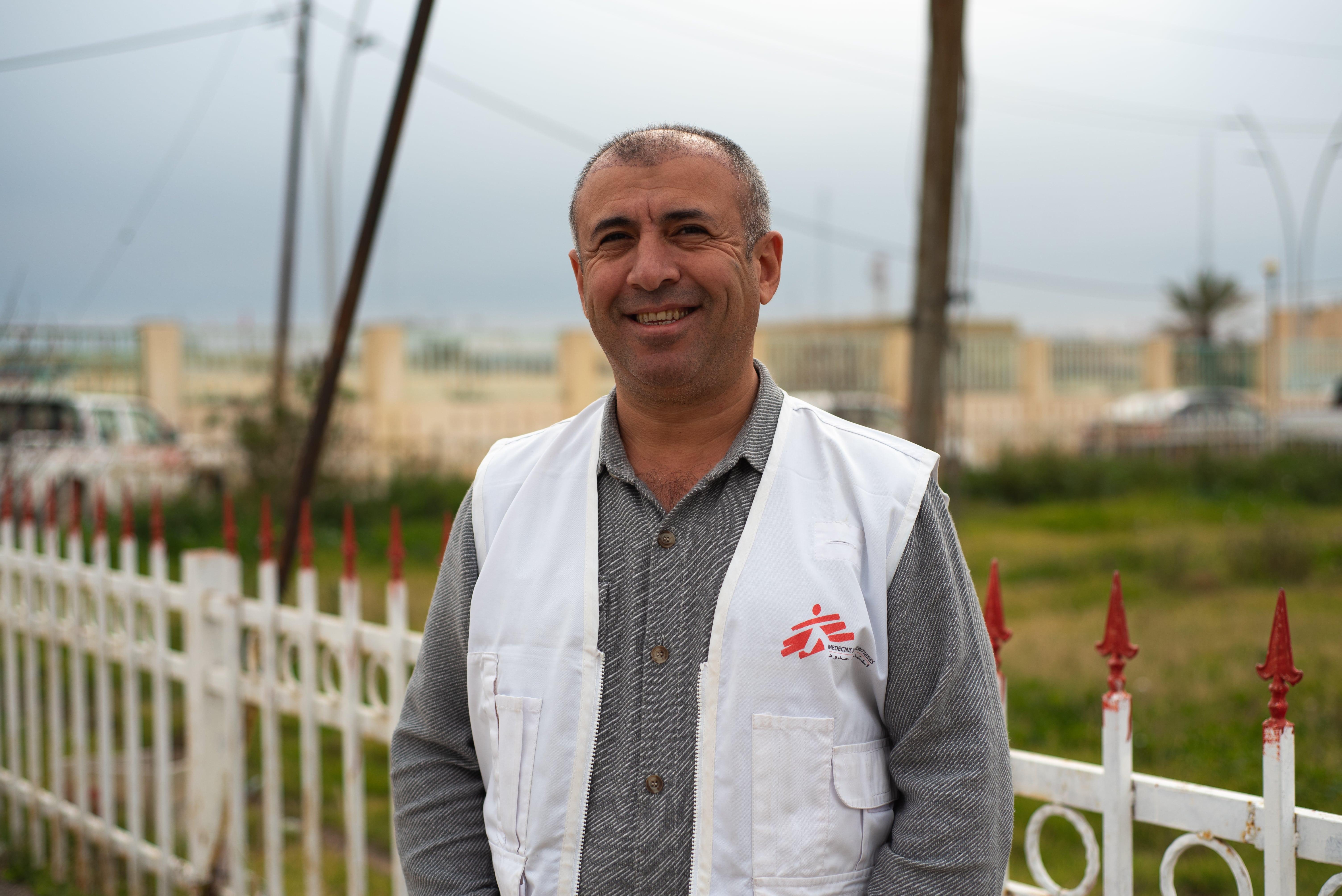
From these activities, I continued working with MSF as we transitioned our work to the healthcare facilities inside Hawija following the end of the armed battles to take back Hawija from the Islamic State group and as people started returning to find no services available in their hometowns.
We first went to the Al-Abbasi subdistrict in the eastern part of Hawija. There, we established a primary healthcare clinic to provide medical care and treatment to people who had chronic diseases and mental health. We also rehabilitated the damaged local water plant and provided clean drinking water to the population. During my work with MSF, I encountered some of the most challenging cases of my career. I remember one elderly man in his sixties who would break down in tears when speaking about his two sons lost in the war, and the abduction of his daughter, her fate still unknown. These stories were difficult to hear, and despite that many of these people felt ashamed to seek mental healthcare as they were not used to it before.
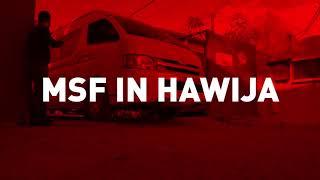
Doctors Without Borders (MSF): The Closure of MSF Project in Hawija, Iraq
I found immense fulfilment in my work, and I am grateful to be able to help people who were in desperate need of medical care. Patients would often express their gratitude to me, and their progress gave me a sense of purpose. Being part of MSF, I have come to understand the importance of our reputation in the community. People trust us to provide the best medical care and mental health services, and it's a responsibility I take to heart.
Receiving symbolic gifts from patients who completed long-term treatment and forming friendships with those who visited regularly were reminders of the impact we were making. At MSF, our commitment to serving the community without any financial considerations has earned us the trust and respect of those we serve. It's a privilege to be part of an organisation that prioritises the well-being of others above all else.
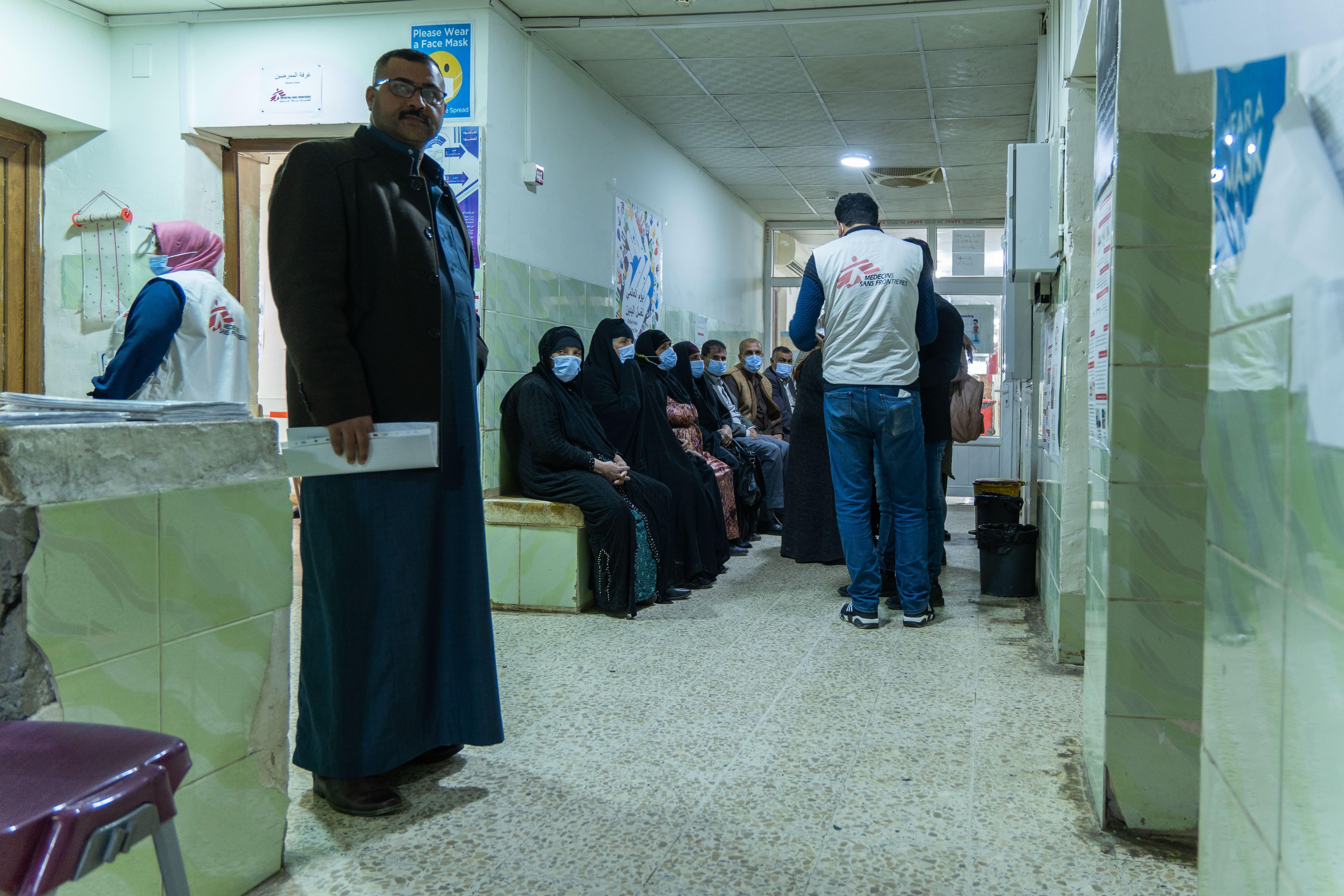
Nermeen Abbas, MSF Health Promotion Manager
I started working with MSF in 2017 in displacement camps, like Daquq and Laylan, and on the peripheries of the Hawija district where we provided care for those who managed to escape their home while the battles to take back Hawija was still ongoing. We worked on two fronts. Our mobile clinic on the outskirts of Hawija received those who had just managed to escape and provided them with first aid and basic medical care as many had not attended medical attention for weeks or months. Then at the camps where they eventually settled, we continued providing them the care they needed for their health.
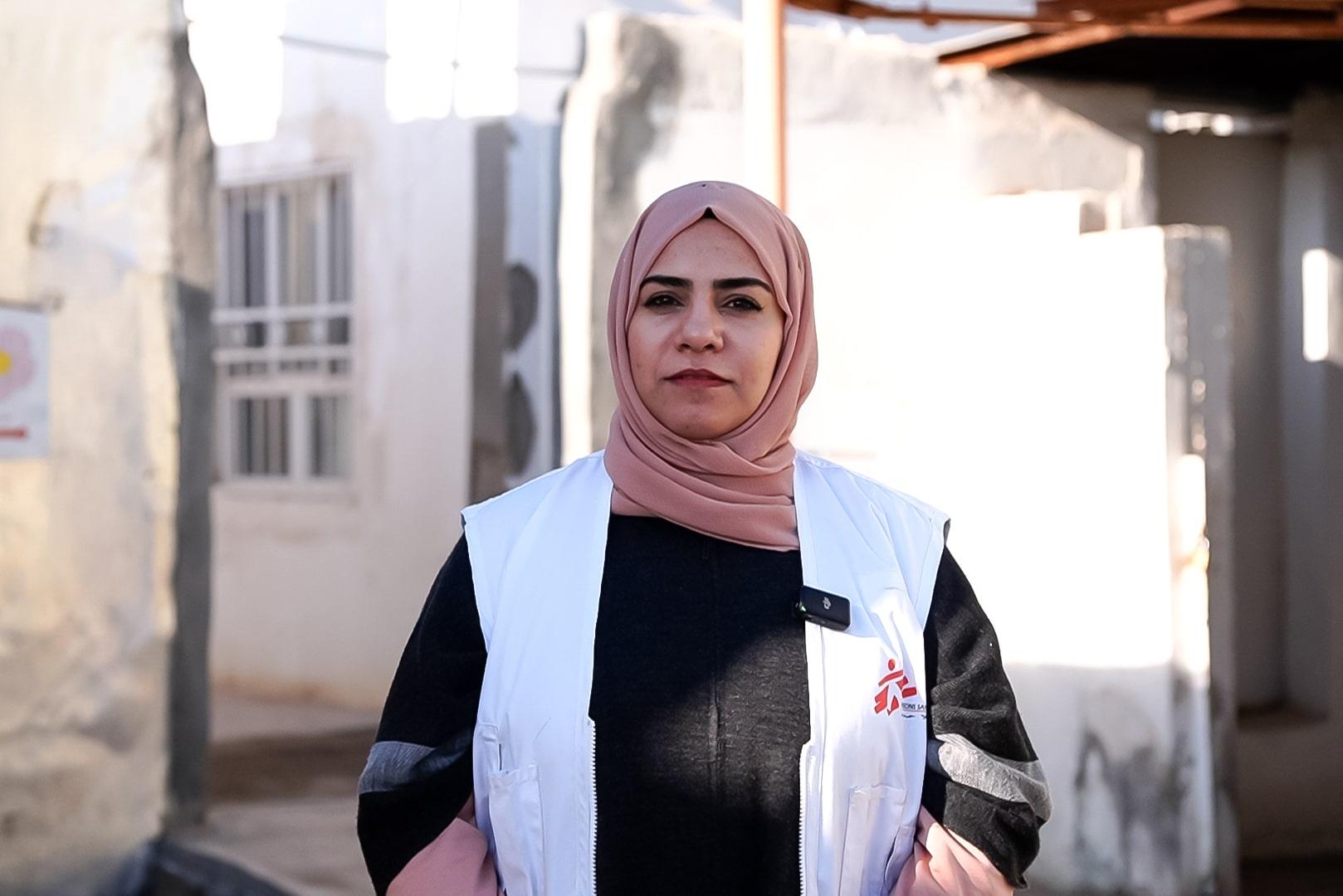
When the battles ended, we expanded our activities to Al-Abbasi and Hawija towns as people started returning to find no services functioning at all.
Our services here included medical care for people with chronic diseases, maternity care, mental health care and health promotion.
Today, there is a significant improvement in Hawija compared to the days we first came. The most prominent issue we faced when we first started responding to the needs here was access. It was not easy for us to reach many locations as the security situation was still not good and many people were not able to reach our facilities easily, especially those in the camps who had no means of transportation to easily reach our facilities there. I remember when I came to Hawija and Al-Abbasi for the first time.
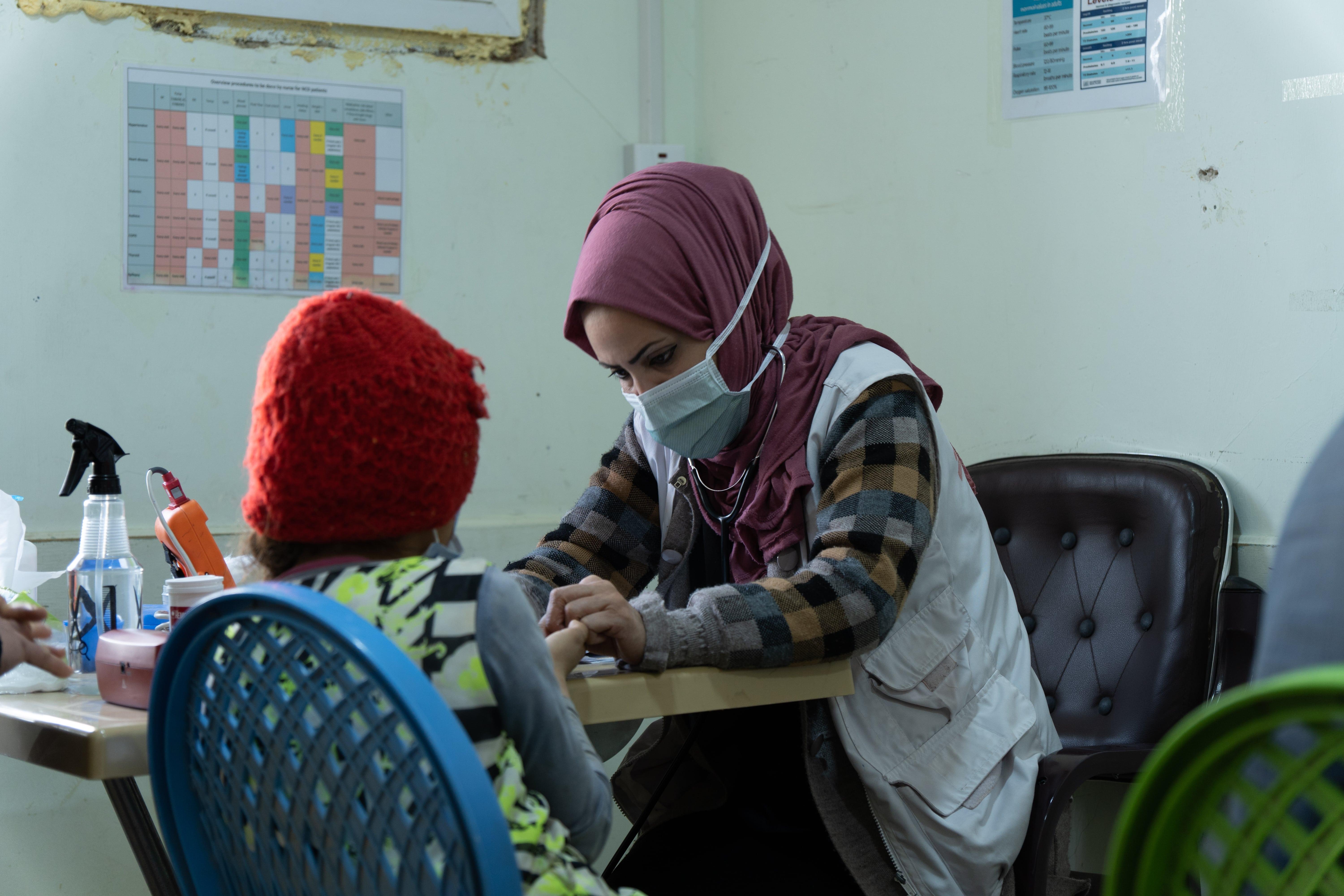
There were no functioning health facilities, and we barely saw people around. It felt like a ghost town. But today things are very different. People have returned home. Schools, health care centres, the general hospital, schools, shops, and houses are all back to normal and the place feels like a city again.
As a woman, it hurt me to see how other women, among all, were exceptionally going through difficult times. They had to bear with the great responsibility of caring for their babies while not having the means. A lot of the women had resorted to unskilled birth attendants at home as no other option was available. They would not receive any medical attention during their whole pregnancy because nothing was available for them back home. They arrived at our facilities with a significant physical and psychological toll of what they’ve been through.
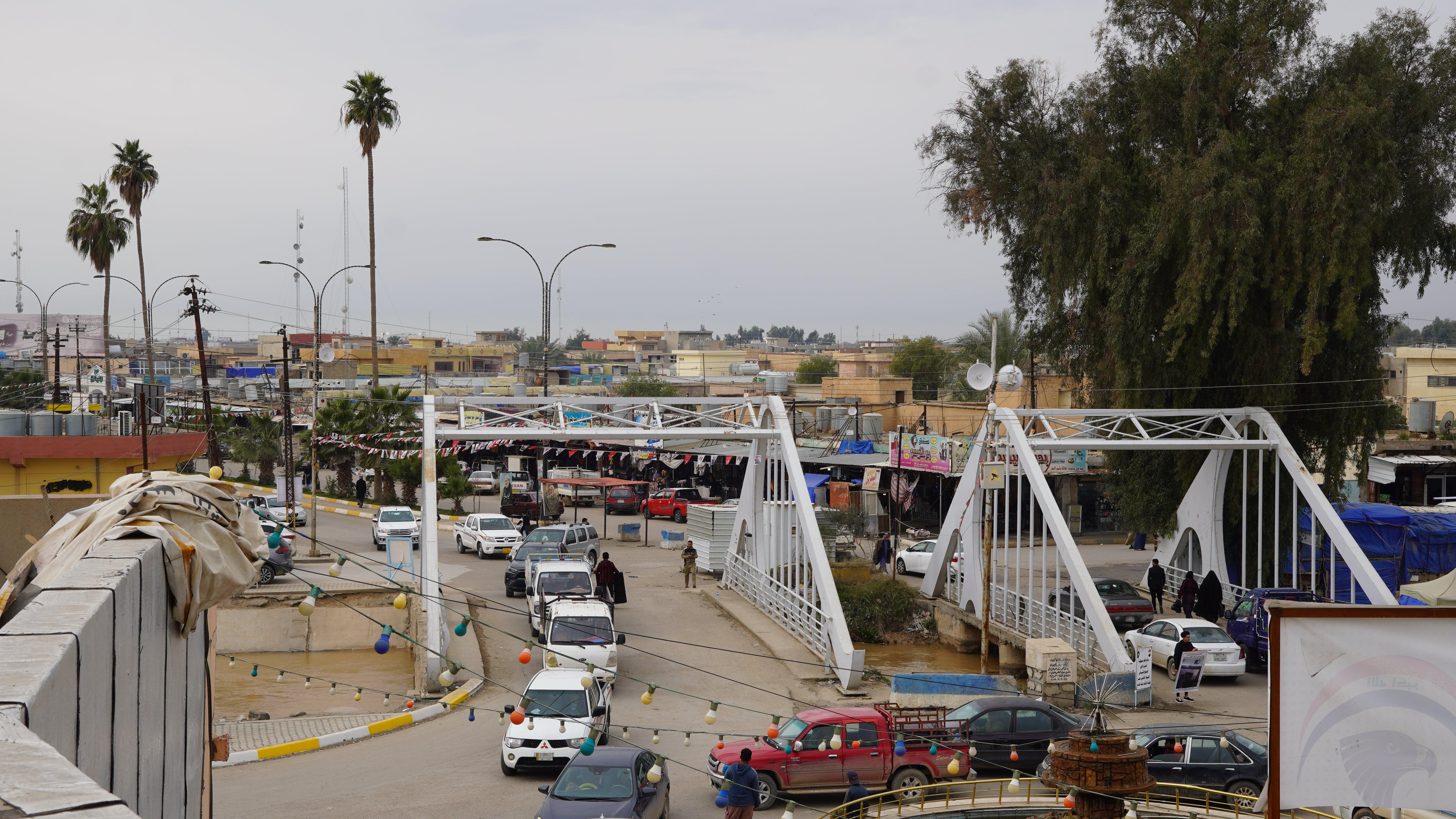
I feel that we made a significant impact, not only on people's physical health but also on their understanding of the importance of mental well-being in life. We worked here as one family, and the days we shared were immensely fulfilling.
What I particularly appreciate about our project is the support it provided for women like me.
